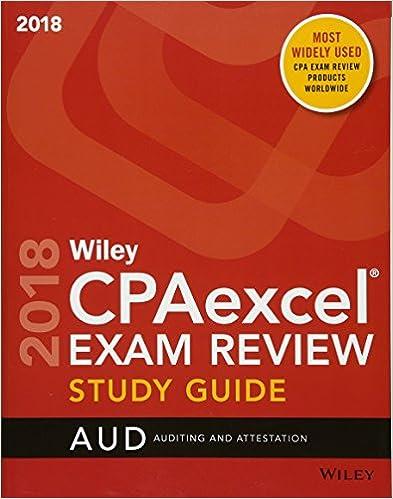Question
1. Parent Company buys Sub Company. Sub Company has the following book and fair market values for their accounts as of the purchase. Parent Company
1. Parent Company buys Sub Company. Sub Company has the following book and fair market values for their accounts as of the purchase. Parent Company has the following book values on balance sheet right before the purchase. Parent Company pays the owners of Sub Company by issuing 70 shares of $10 par common stock, selling for $20 per share as of the business combination. Sub Company does not dissolve after this event, but remains a separate legal entity.
| Balance Sheet of Sub Company | Book Values | Fair Values | |||
| Assets |
|
|
|
|
|
| Current assets |
|
| $150 | $150 | |
| Property, plant, and equipment (net) | 200 | 300 | |||
| Copyright (net) |
|
| 50 | 600 | |
| Sales contracts |
|
|
| 350 | |
| Total Assets |
|
|
| $400 | $1,400 |
|
|
|
|
|
|
|
| Liabilities |
|
|
|
|
|
| Accounts payable |
|
| $100 | $100 | |
|
|
|
|
|
|
|
| Stockholders' Equity |
|
|
|
| |
| Common stock-$5 par value |
| 50 |
| ||
| Additional paid-in capital |
| 50 |
| ||
| Retained earnings |
|
| 200 |
| |
| Total Liabilities and Stockholders' Equity | $400 |
| |||
Step by Step Solution
There are 3 Steps involved in it
Step: 1

Get Instant Access to Expert-Tailored Solutions
See step-by-step solutions with expert insights and AI powered tools for academic success
Step: 2

Step: 3

Ace Your Homework with AI
Get the answers you need in no time with our AI-driven, step-by-step assistance
Get Started


